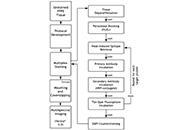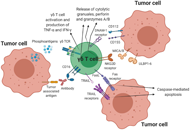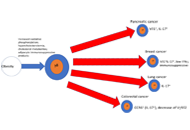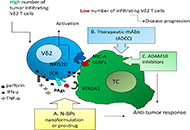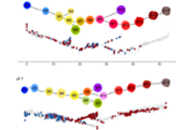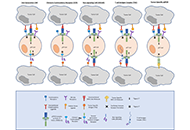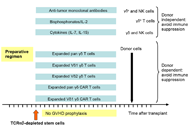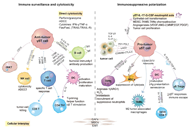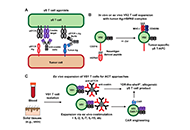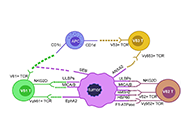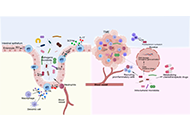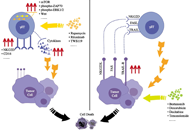
Interplay of γδ T cells and Tumor Cells
Guest Editors
Dr. Dieter Kabelitz E-Mail
Director emeritus, Senior Research Group Leader, Institute of Immunology UKSH Campus Kiel / CAU, Kiel, Germany
Research Keywords: Functional plasticity of human γδ T cells, cell-based immunotherapy
Dr. Zhinan Yin E-Mail
The Biomedical Translational Research Institute, Faculty of Medical Science, Jinan University, Guangzhou, Guangdong, P.R. China
Research Keywords: γδ T cells, cancer, immunotherapy, neuroimmunology, immune regulation
About the Special lssue
In contrast to conventional aβ T cells, (most) γδ T cells are not MHC-restricted. γδ T cells recognize and kill malignant cells through the T-cell receptor and activating NK receptors like NKG2D which recognizes stress-inducible cell surface ligands. The human Vγ9Vδ2 γδ T-cell receptor recognizes small pyrophosphates in the context of butyrophilin molecules. Such pyrophosphates are overproduced by many transformed cells, which renders tumor cells susceptible to γδ T-cell killing. Due to their MHC-independence, γδ T cells can be applied in cellular immunotherapy also across HLA barriers. On the other hand, γδ T cells are also subject to inhibitory mechanisms of the tumor micromilieu.
In this Special Issue, we will publish cutting edge papers dealing with various aspects of how γδ T cells interact with tumor cells, including translational perspectives for improving the clinical application of γδ T cells in immunotherapy. Both original contributions as well as focused reviews are welcome.
Keywords: γδ T cells, tumor cells, NK receptors, tumor micromilieu, checkpoint inhibitors, butyrophilin, pyrophosphates, Vδ2 γδ T cells, Vδ1 γδ T cells
Published Articles
